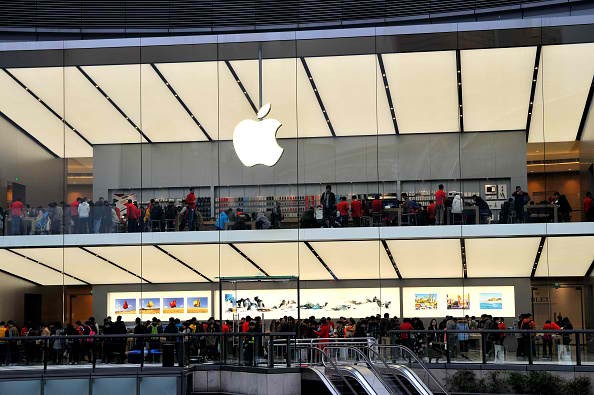A source, who wanted to remain anonymous, close to both companies implied that Apple's $1 million contributions to Didi Chuxing added pressure to Uber's exit.
"The Apple investment is one of the factors that influenced the decision," the source said. "Both sides raised enormous amounts of capital. They were probably thinking this was going to escalate to nuclear warfare, which raised the question: do we really want to assure mutual destruction?"
For the past two years, both Didi and Uber have been getting contributions from big companies to leverage ride subsidies and fare cost-cutting.
Didi was able to get $10.5 billion worth of funds from Alibaba, Apple, China Life Insurance Co., and Ant Financial. Uber collected $10 billion worth of stakes from their American partners, Baidu and China Life.
Uber did not find difficulties getting support from backers. Bill Gurley, a partner at Benchmark Capital and Uber board member, believed that Uber was solid enough to easily get funding.
He said, "There has never been a company with as much success in capital raising as Uber."
When Apple gave Didi $1 billion in May, Uber decided to step back. Analysts familiar with the deal think that with Apple support, Didi showed that the company was unbeatable.
Hans Tung, managing partner at GGVCapital, and a backer of Didi said that Uber had a difficult time raising money after Apple's investment.
Tung said that Apple's announcement came in the same week that Uber wanted to meet the tech giant, and the investment stopped Uber from proposing a deal.
Another Uber analyst, Jan Dawson, of Jackdaw Research, said, "Apple's investment in Didi likely spurred Uber to think harder about doing some kind of deal here."
He added, "Uber and Apple have been partners in other markets, so for Apple to side with Didi must have been something of a red flag that things weren't going to go Uber's way."



























